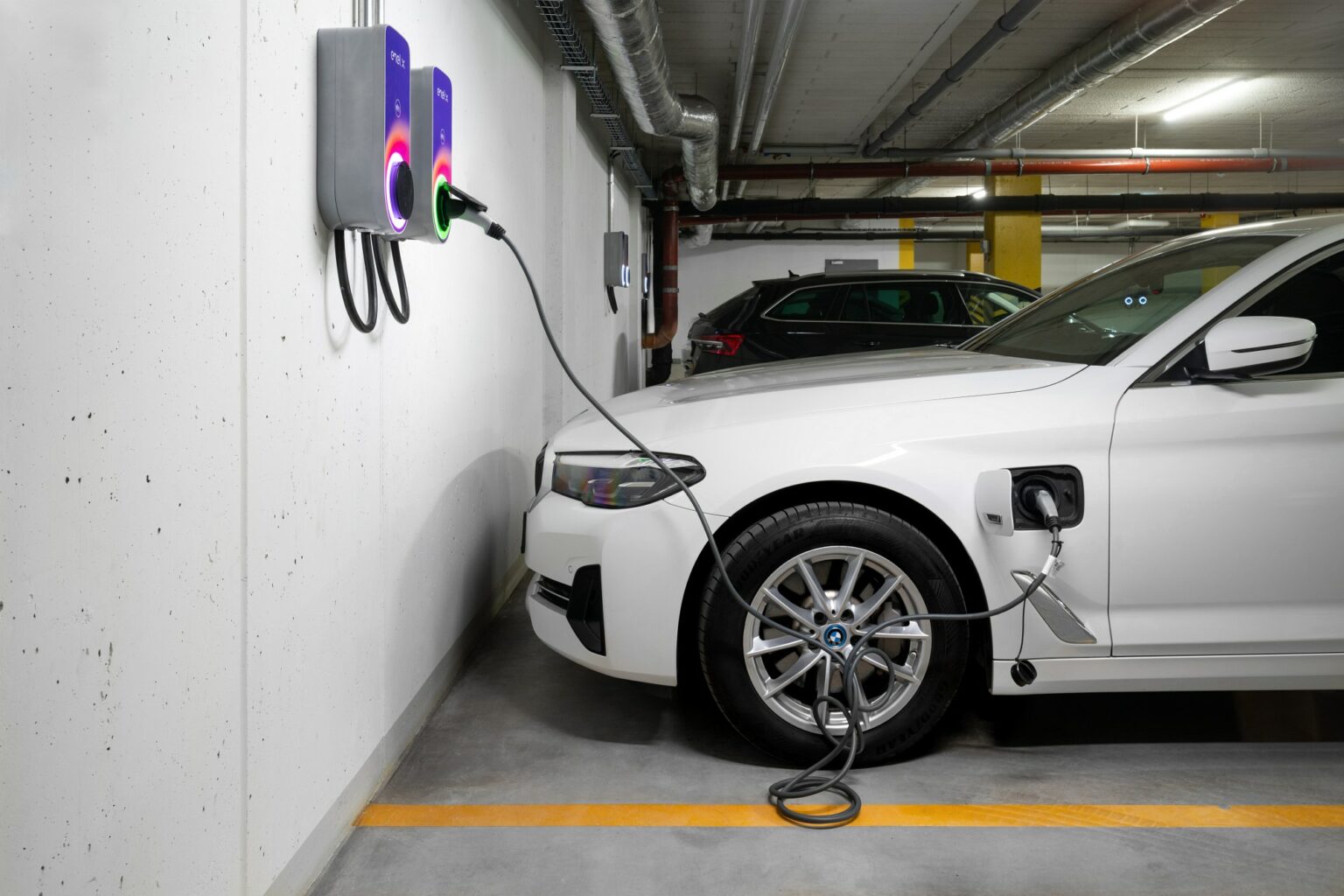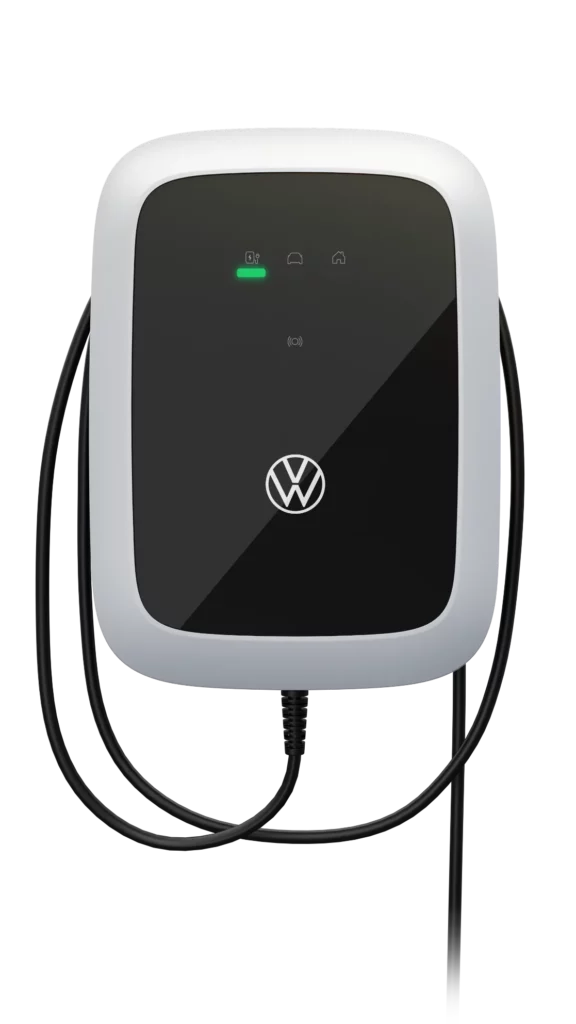Easier Installation of Private EV Charging Stations in Multi-Family Buildings
The Ministry of Climate and Environment has presented a draft amendment to the Act on Electromobility and Alternative Fuels, aimed at simplifying and accelerating the procedures related to the installation of private electric vehicle (EV) charging stations in multi-family residential buildings. The proposed changes are intended to increase the availability of charging infrastructure for apartment residents and to support the development of electromobility in Poland.
The current regulations are not sufficient. Anyone applying to install a charging point must rely on the goodwill of the housing association or cooperative
Existing Legal Barriers to Installing EV Chargers in Apartment Buildings
According to existing legal provisions, a flat owner in a multi-family building who wishes to install a private EV charging point must submit a formal application to the housing community or housing cooperative.
This application must include a declaration to cover all related costs, proof of legal ownership of the premises.
Next, the community or cooperative is obliged to commission a technical assessment to determine the feasibility of the installation. This must be completed within 30 days of the application. Notably, this obligation does not apply to buildings that already include electrical infrastructure designed for EV charging, as specified in the original building design.
In practice, however, even when all formal requirements are met and no technical obstacles are identified, building administrators often refuse consent without justification, effectively blocking EV infrastructure development.
It is worth recalling the court ruling of April 8, 2025, which states that a housing community has no legal right to block the installation of an EV charger by a rightful property owner. More on that topic here.

New Draft Law: Faster and More Transparent Procedure
The new legislation aims to significantly speed up the decision-making process related to the installation of EV charging stations in apartment buildings. Under the proposed amendment: • The housing community board, housing cooperative, or the property manager must commission a technical feasibility assessment within 14 days of receiving the application The applicant must be promptly notified of the assessment request, and the assessment results must be shared within 7 days of receipt. If the entity fails to meet the 14-day deadline, the applicant gains the right to commission the assessment independently and subsequently present it to the property manager or community board.
The objective of the proposed changes is to streamline the process, enabling flat owners to proceed more efficiently with EV charger installations. Additionally, the amendments aim to ensure transparency, predictability, and adherence to deadlines for the entire procedure.
As stated by the Ministry:
"The proposed measures introduce accountability mechanisms for housing community boards, cooperatives, or property managers to ensure timely and substantive review of applications concerning the installation of EV charging points."
Electromobility in Poland – Removing Barriers for Urban Residents
Improving access to private EV charging stations in multi-family residential buildings is crucial for the continued growth of electromobility in Poland, especially in densely populated urban areas where residents often lack access to private garages. The amendment directly addresses rising public demand and technological needs, and aligns with the European Union’s energy transition and CO₂ reduction goals.

